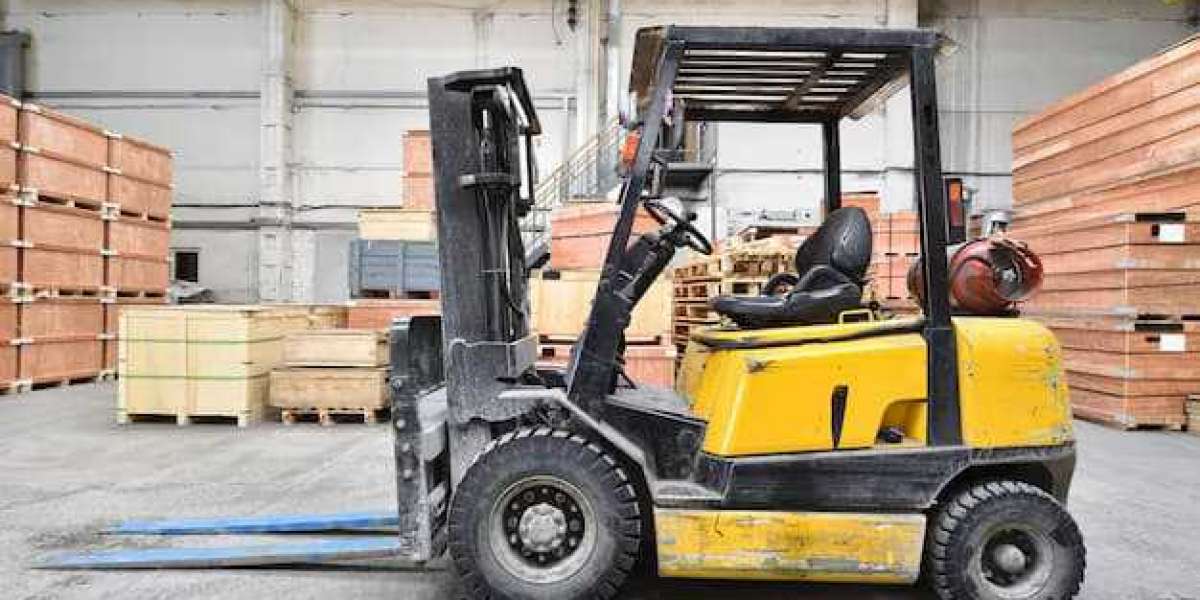The aggregate production industry stands on the brink of a technological revolution as artificial intelligence begins transforming mobile crushing operations. No longer confined to theoretical applications, AI now actively enhances every aspect of stone processing - from predictive maintenance to real-time quality control. These intelligent systems don't just assist operators; they fundamentally reimagine how mobile crusher plant adapt to varying feed materials, equipment wear patterns, and production demands.
Modern AI-equipped crushing plants demonstrate capabilities that seemed impossible a decade ago. Machine vision systems now analyze feed stock composition as it enters the crusher, automatically adjusting settings to optimize reduction ratios and minimize wear. Neural networks process vibration data from bearings and rotors, predicting failures before they occur. This technological leap forward represents more than incremental improvement - it's a complete paradigm shift in how the industry approaches mobile crushing efficiency and reliability.
Intelligent Process Optimization
Adaptive Crushing Algorithms
Advanced machine learning models continuously analyze hundreds of operational parameters to maintain optimal performance. These systems adjust crusher settings in real-time based on feed size distribution, hardness variations, and moisture content - factors that traditionally required manual intervention and experience-based guesswork.

Automated Gradation Control
Onboard particle analysis systems utilize cameras and spectral imaging to monitor output quality. The AI cross-references this data with project specifications, automatically fine-tuning screen angles and crusher gaps to maintain consistent product gradation despite changing feed characteristics.
Predictive Maintenance Revolution
Vibration Pattern Recognition
Sophisticated acoustic monitoring systems detect subtle changes in crusher equipment vibration signatures. AI compares these patterns against vast databases of failure modes, identifying developing issues like imbalanced rotors or failing bearings weeks before traditional methods would notice anomalies.
Wear Component Forecasting
By tracking operational metrics and material abrasiveness indices, AI accurately predicts remaining service life for liners, blow bars, and other wear parts. This enables just-in-time replacements that maximize component utilization while preventing unexpected downtime.
Autonomous Operational Capabilities
Self-Learning Performance Adjustment
Over time, the system develops site-specific knowledge, remembering how different geological formations affect production rates and wear patterns. This accumulated intelligence allows the plant to preemptively adjust settings when encountering familiar material types.

Remote Monitoring Integration
Cloud-connected diagnostic systems provide fleet managers with real-time performance dashboards. AI highlights inefficiencies across multiple mobile stone crusher plants, suggesting operational changes that improve overall fleet productivity and energy efficiency.
Safety and Environmental Enhancements
Automated Hazard Detection
Computer vision systems maintain 360-degree awareness of the work area, instantly identifying potential safety issues like personnel entering danger zones or abnormal material buildup that could indicate blockages.
Emissions Optimization
AI manages power distribution across hybrid systems, intelligently switching between diesel and electric modes to minimize fuel consumption while maintaining production targets. The system even adapts to local weather conditions that might affect equipment cooling or solar charging potential.
The integration of AI into mobile stone crushers marks a watershed moment for aggregate production. These intelligent systems don't just improve existing processes - they enable entirely new approaches to quarry operations. As the technology matures, we'll see crushers that self-diagnose issues, order their own replacement parts, and even negotiate optimal production schedules with other site equipment. The future of mobile crushing isn't just automated; it's cognitive, adaptive, and continuously evolving to meet the industry's changing demands.






